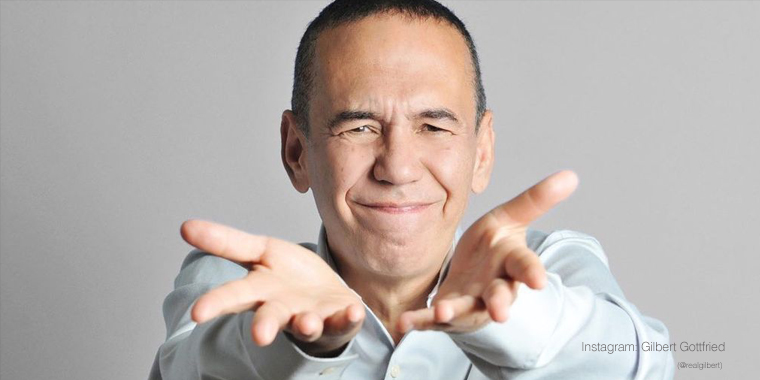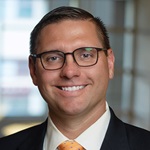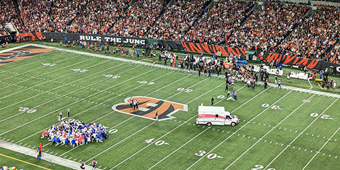Gilbert Gottfried: Link Between Neuromuscular Disease And Heart Condition

Answer a few questions and we'll provide you with a list of primary care providers that best fit your needs.
Comedian and actor Gilbert Gottfried, who you may know for lending his distinctive voice to the Aflac duck and Iago the parrot in Disney’s Aladdin, died recently due to complications from a rare inherited neuromuscular disorder.
To better understand this news, Premier Health Now spoke with cardiologist Jacob Gibson, DO. Gottfried’s neuromuscular condition, myotonic dystrophy type 2, which causes muscle weakness, pain, and stiffness, apparently led to a life-threatening heart rhythm disorder, ventricular tachycardia.
Ventricular tachycardia, Dr. Gibson explains, is characterized by a rapid beat (more than 100 beats per minute) in the heart’s lower chambers, the ventricles. It can result in cardiac arrest, in which the heart stops pumping blood.
Of the 1 out of 8,000 people who have myotonic dystrophy (abbreviated DM), an estimated 20 to 37 percent develop ventricular tachycardia, Dr. Gibson told us. “It’s a rather uncommon thing we see in cardiology,” he says. “But a lot of people go undiagnosed (with DM) because they’re not sure what’s going on.”
DM, the most common form of muscular dystrophy that begins in adulthood, has “wide ranging symptoms that can affect any muscle in the body. That’s the challenge of diagnosing myotonic dystrophy,” Dr. Gibson says.
When it affects respiratory muscles, it can cause shortness of breath. It can also lead to swallowing problems and difficulty relaxing muscles, such as after grasping an item or shaking someone’s hand.
“And it can affect the heart muscle, which causes abnormal heart rhythms, cardiomyopathies, and congestive heart failure.”
The sooner you seek treatment of irregular or rapid heartbeats the better your outcome, Dr. Gibson advises.
Several types of medications can be prescribed to help prevent recurring episodes of irregular heart rhythm. “And when the medications are not effective, we have device therapy,” Dr. Gibson says. That is, implanting a cardioverter-defibrillator, or ICD, which is “similar to a pacemaker but has the capability of detecting ventricular tachycardia and delivering treatment, basically a shock to reset the electrical system in the heart” and return the heart to proper rhythm.
He adds that ICDs “are very effective in treating abnormal heart rhythms. The defibrillator is the ultimate treatment.”
Currently, though, there is no cure for DM. Research is ongoing. You can learn more about that and DM on the Muscular Dystrophy Association website, Dr. Gibson recommends.
Answer a few questions and we'll provide you with a list of primary care providers that best fit your needs.
Source: Jacob Gibson, DO, Premier Cardiovascular Institute; Muscular Dystrophy Association; CBS News





